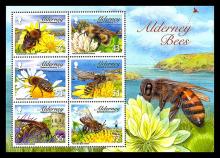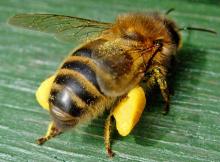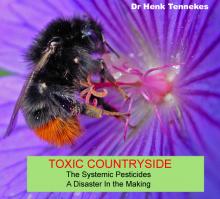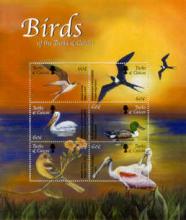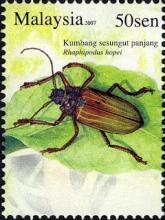Michael McCarthy: Man is fallen and will destroy the Earth – but at least we greens made him wait
Are people good? Is humankind basically benign? In our current belief system, which we might term liberal secular humanism, which has held sway in the West since the Second World War, and which promotes human progress and well-being, only one response is permitted: Yes, of course! Any suggestion that there might be something wrong with people as a whole, with Man as a species, is absolute anathema. But today, two circumstances come together to prompt me to pose the question once more. The first is the ending, this week, of my 15 years as Environment Editor of The Independent. It has been a privilege beyond measure to work for so long for a wonderful newspaper which has put the environment at the heart of its view of the world. We are proud of all we have done about it, from raising the question, in 2000, of the mysterious disappearance of the house sparrow from London and other major cities – we offered a £5,000 prize for a proper scientific explanation, but the mystery remains – to devoting the whole of the front page, in 2011, to the then hardly recognised threat of neonicotinoid insecticides, now an obsession around the globe. But there have been what you might call side effects. For if, over the past decade and a half, you have closely observed what is happening to the Earth, week in, week out, you may take a dark view of the future; and I do. The reason is that the Earth is under threat, as it has never been before, from the ever more oppressive scale of the human enterprise: from the activities of a world population which doubled from three to six billion in four short decades, between 1960 and 2000, and which, in the four decades to come, will probably increase by three billion more. These activities are now wiping out ecosystems and species, across the world, at an ever increasing rate: the forests are chainsawed; the oceans are stripmined of their fish; the rivers, especially in the developing world, are ever more polluted; the farmland is rendered sterile of all but the monoculture crop by demented dosing with pesticides; the farmland insects and wild flowers and many of the birds have gone.


